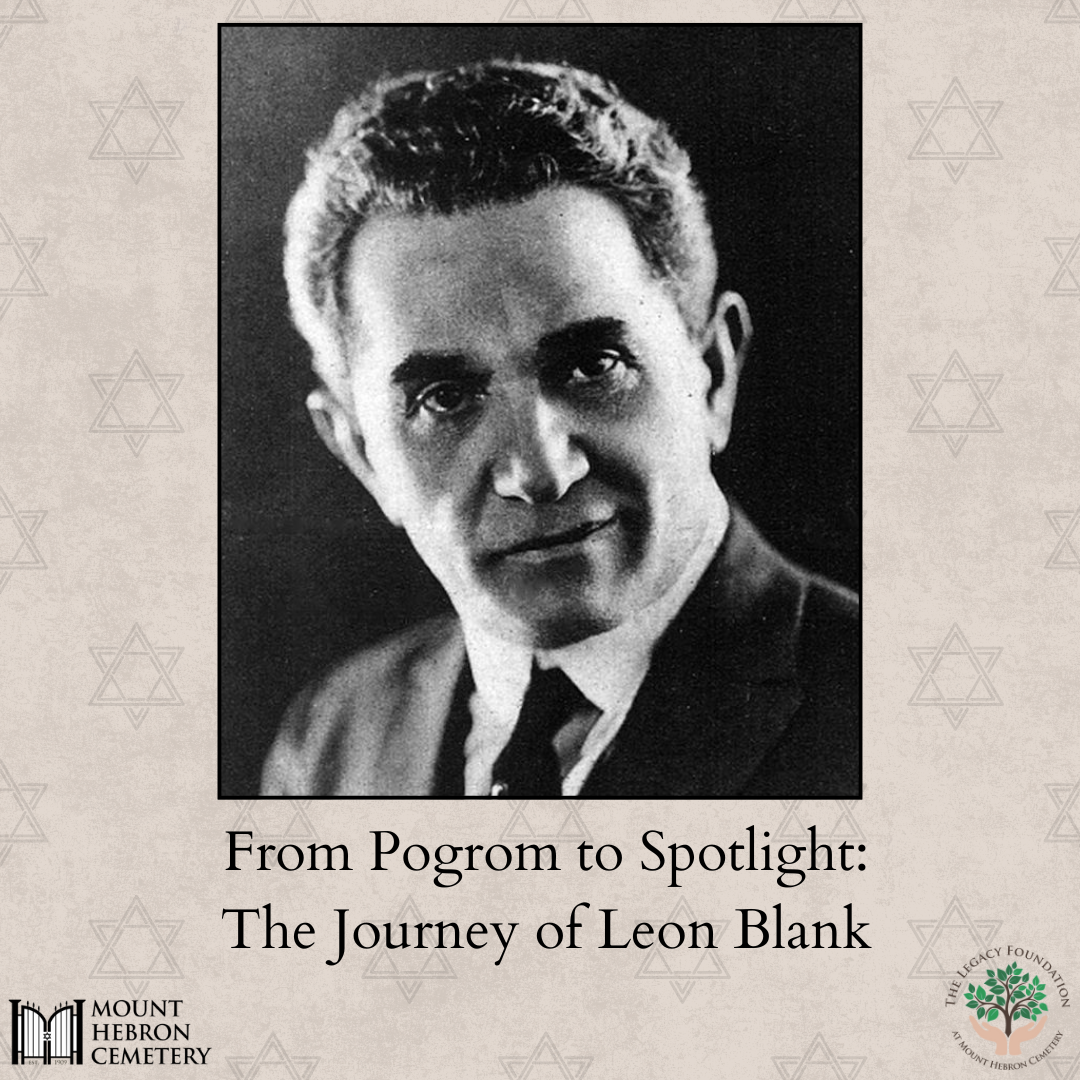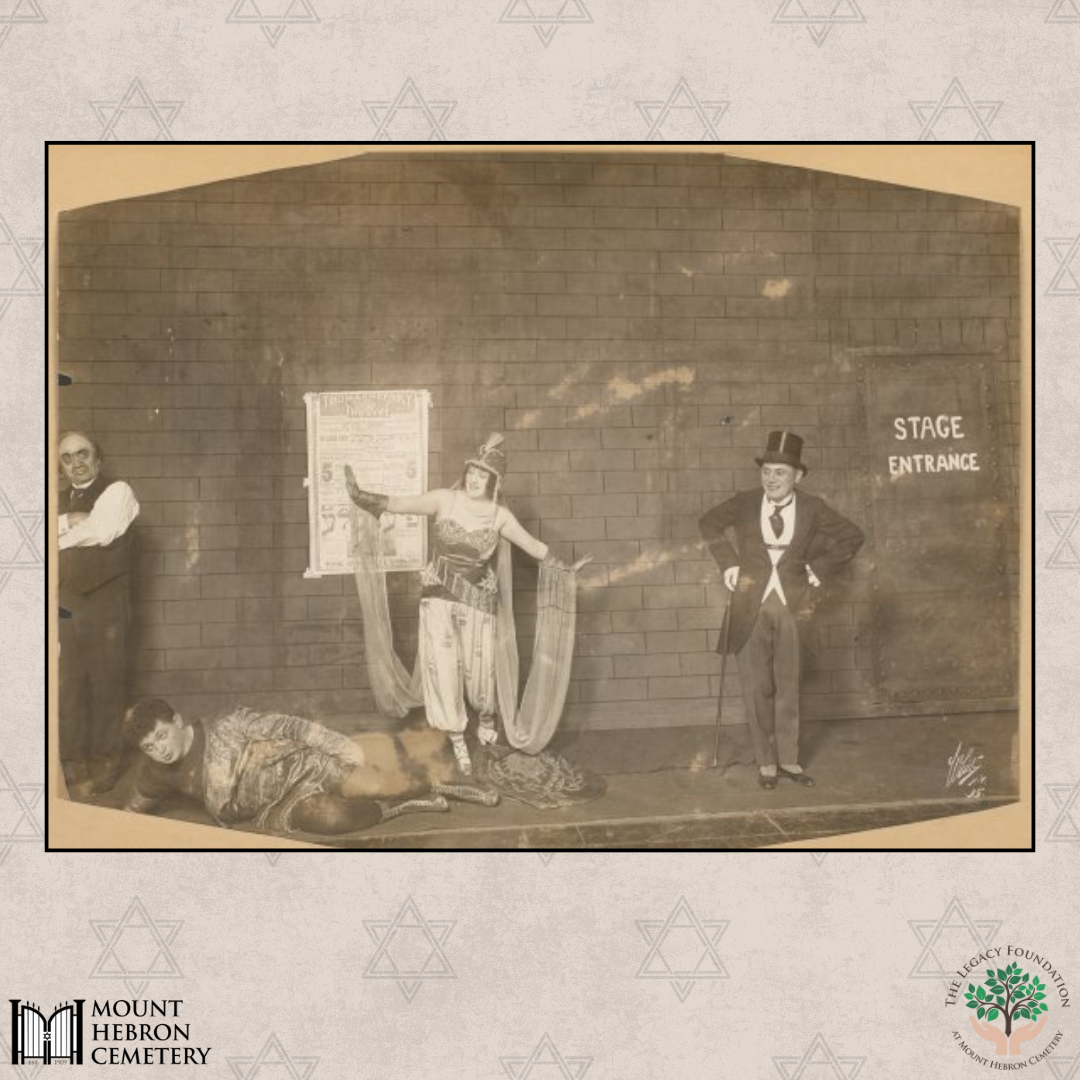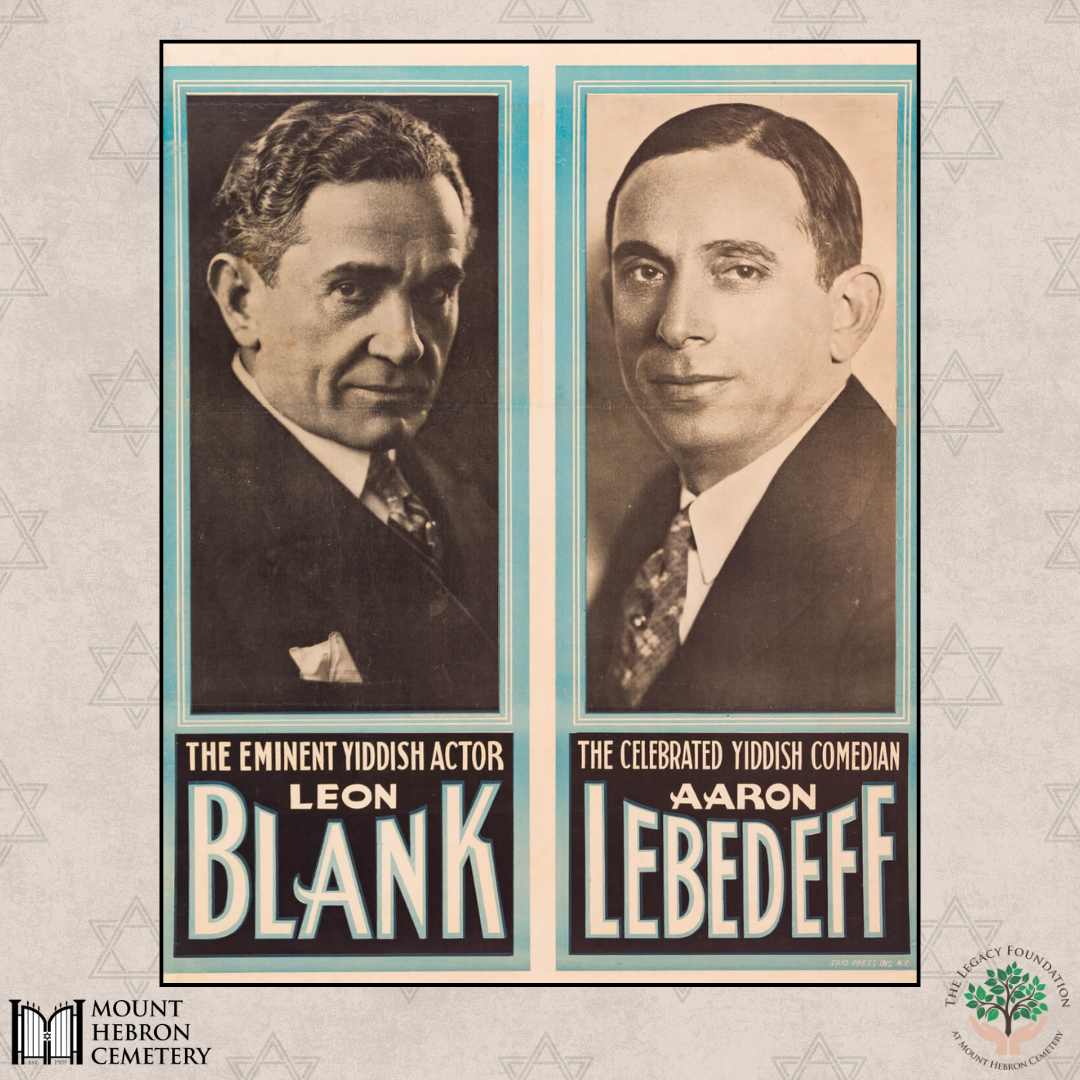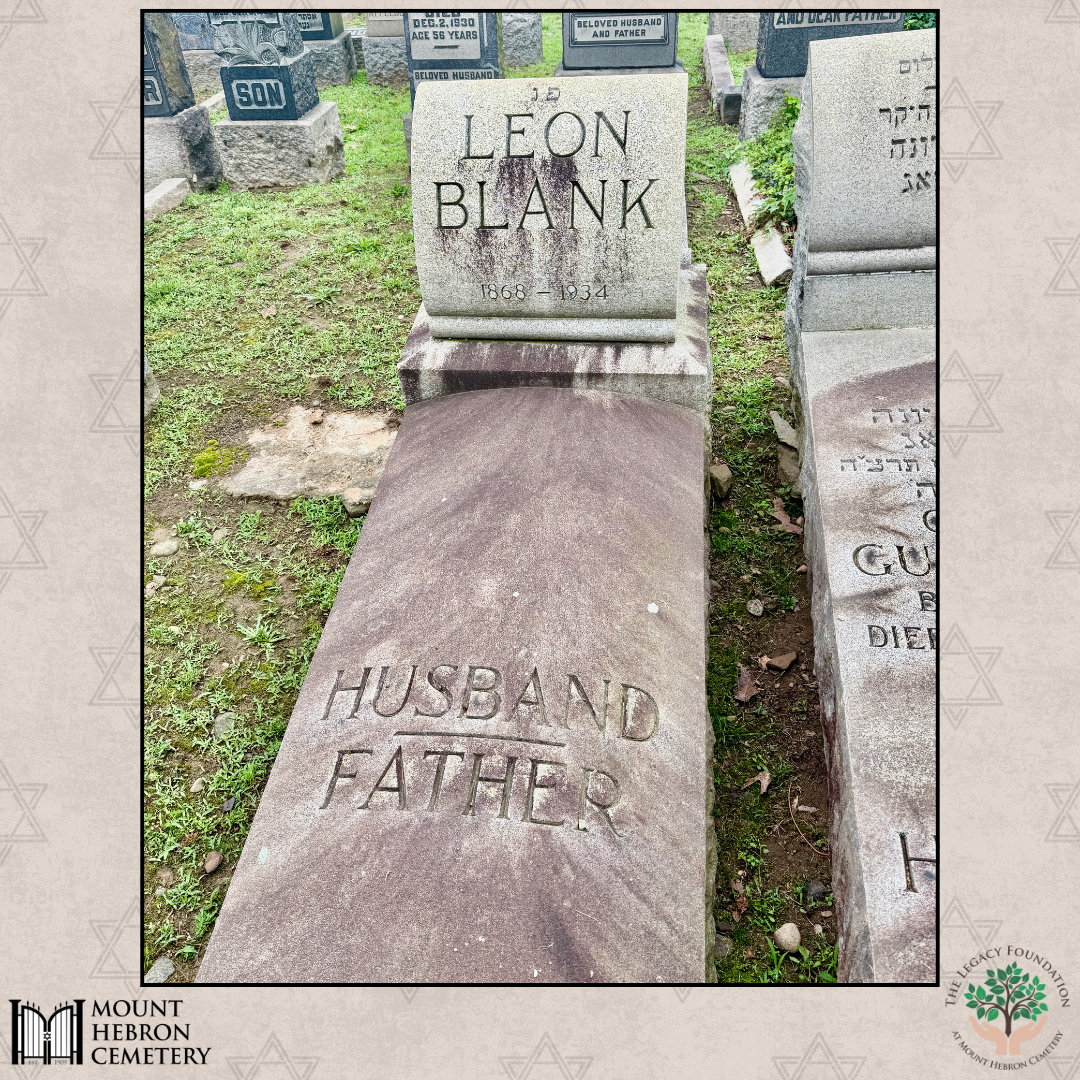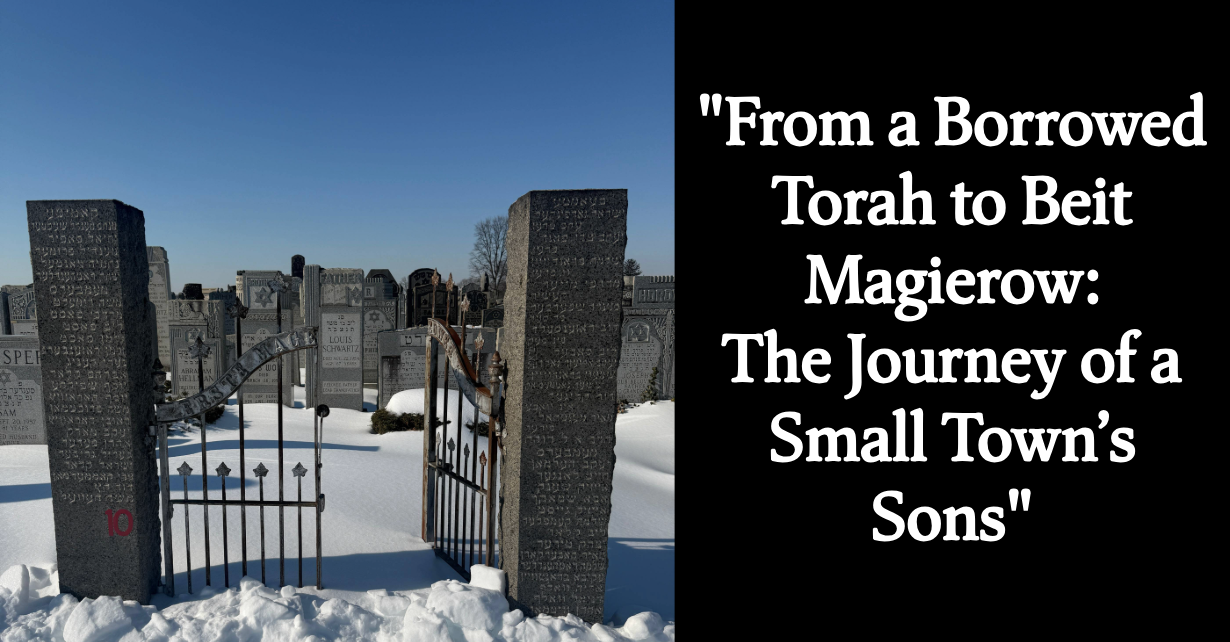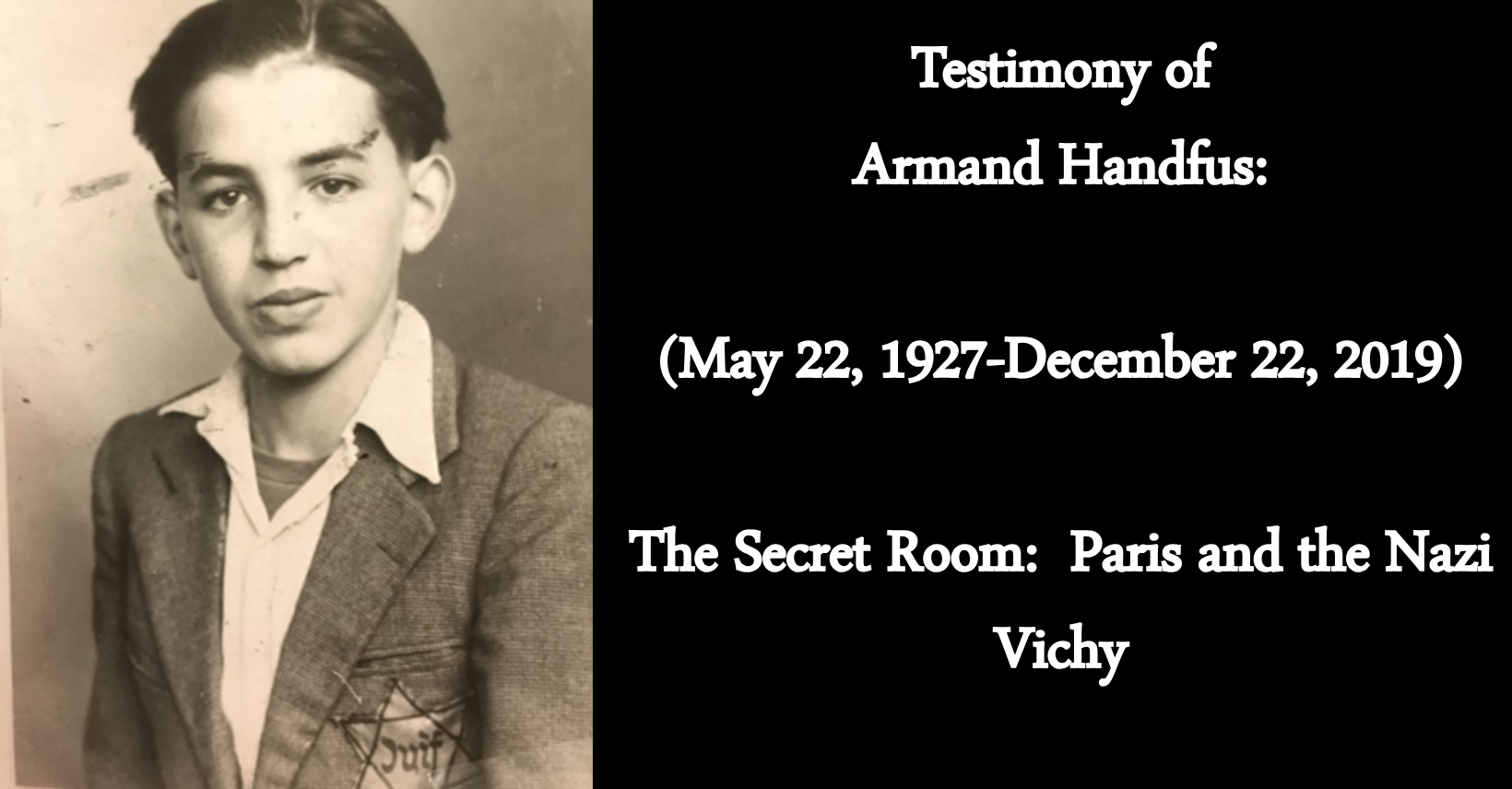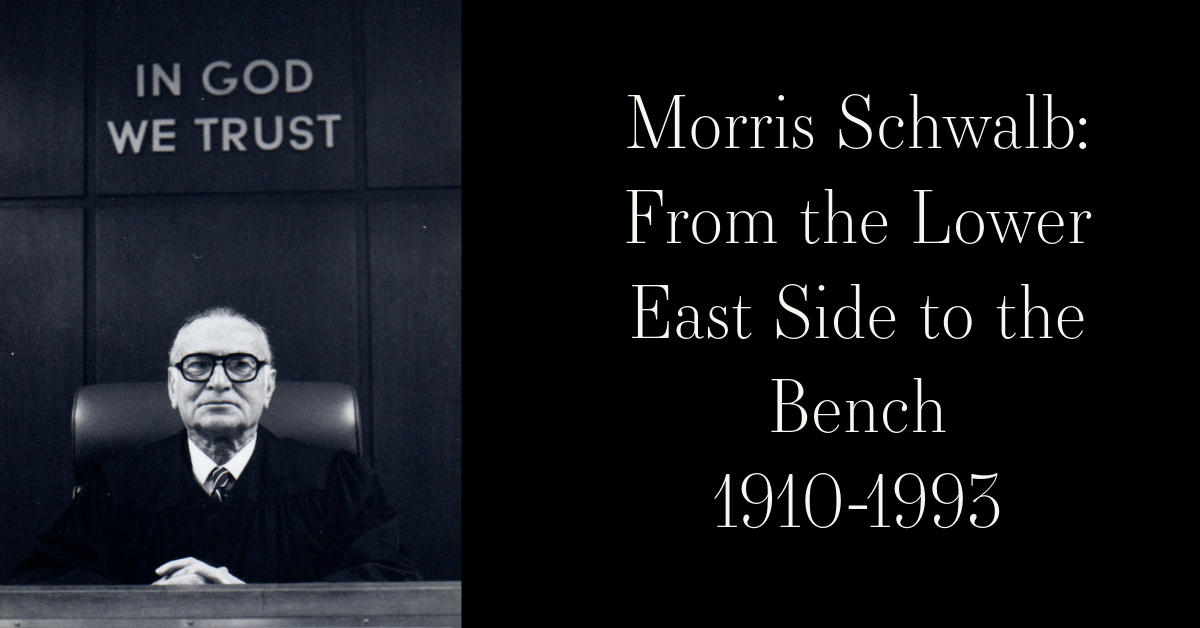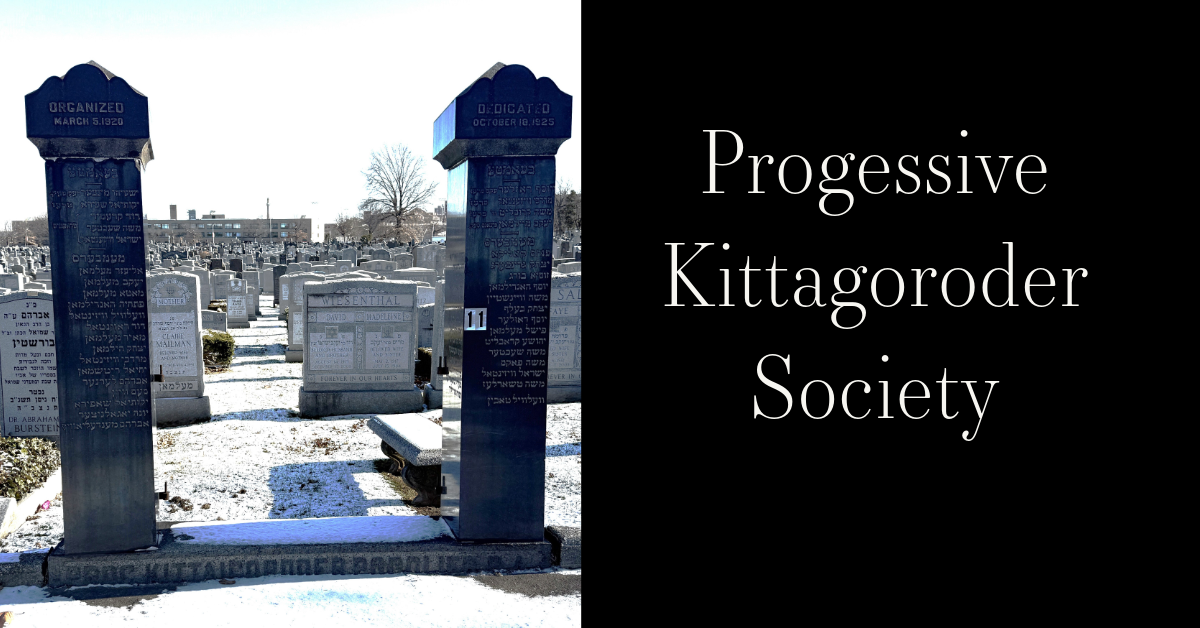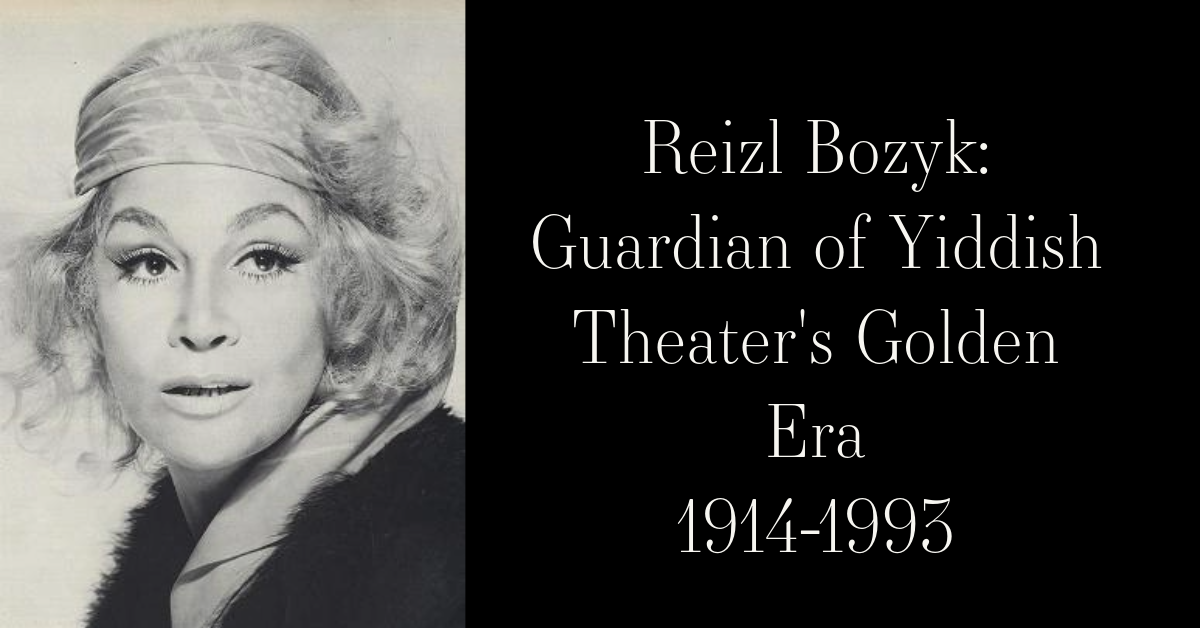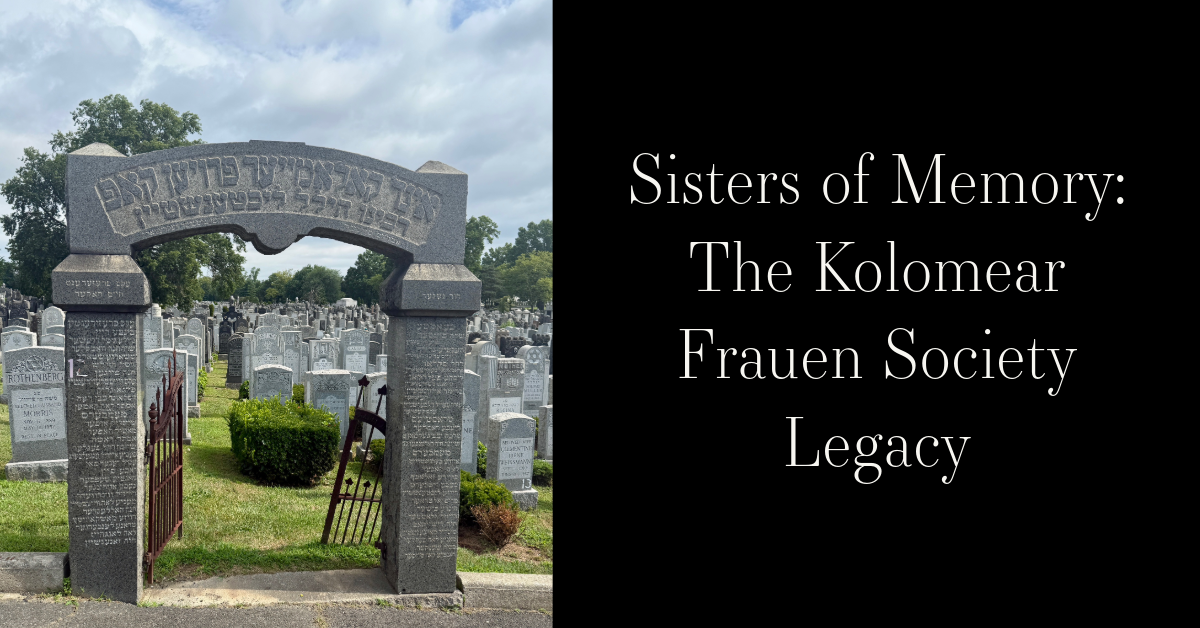Story Summary:
Leon Blank, born in 1867 in Kishinev, Bessarabia, was a renowned Yiddish stage actor whose career spanned nearly five decades. Fleeing pogroms with his family, he began as a choir singer in Romania before joining the Sigmund Mogulesko troupe, which ignited his lifelong dedication to the Yiddish theater. After stowing away to America, he rose from chorus roles to major performances in New York's premier Yiddish theaters, eventually co-founding the Hebrew Actor's Protective Union. Known for iconic roles in plays by Gordin, Siegel, and others, Leon rejected offers from Broadway and Hollywood, choosing to remain loyal to Yiddish culture. Despite great acclaim, he died impoverished in 1934 and was buried at Mount Hebron Cemetery, leaving behind a legacy celebrated within Jewish theatrical history. ~Blog by Renee Meyers
From Pogrom to Spotlight: The Journey of Leon Blank
Leon Blank was born in Kishinev, Bessarabia in Lithuania in the year 1867 to pious parents. In their town, a massacre of Jews had taken place under the Czarist regime. This pogrom was the catalyst for the Blank family to flee to Berlad, Romania.
As a child, Leon sang in local shul choirs but developed an attachment to the Yiddish theater. He was educated both in cheder and in a Beit HaMedrash. Leon became the choir singer for a local cantor at the young age of 6. When he was a little older, Leon and his brother sang with various cantors in Romania.
One day, a company of Jewish actors came to Leon’s hometown and put on a series of performances. Mr. and Mrs. Blank, Orthodox Jews, were opposed to exposing their sons to secular theatrical entertainment. Despite his parent’s opposition, Leon clandestinely attended these performances. After a few weeks, the company moved on to the next town. By then, Leon was stage-struck and he insisted on following the group and continuing as a member of the chorus.
Leon’s involvement with the Sigmund Mogulesko troupe contributed significantly to the Yiddish theater. As an actor, Leon showcased his talent in various Mogulesko productions. Being in the presence of Mogulesko, continued to inspire Leon in his acting career. When Leon learned that the Mogulesko troupe would be leaving Romania to return to America, he experienced disappointment at being left behind and anxiety due to losing a source of income. Blank decided to stowaway on the Mogulesko boat, unbeknownst to his parents.
In 1886 Leon arrived in the United States. He became a member of the chorus and soon tried his hand at acting. Leon made several Yiddish recordings where he sang and did dramatic readings. Leon’s first play was called David’s Fidele (David’s Violin). His appearance in this play brought Leon recognition and started him on his path to a successful career. Leon would eventually become a co-founder of "The Hebrew Actor's Protective Union of America."
Leon slowly worked his way up to solo actor and singer. During the 1920’s, Leon consistently appeared in Jacob Gordin’s plays at the National Theater in New York. One of Leon’s best recordings was his album called Der Oks Vn Di Tsayd.
Leon received and refused the many offers he received from Broadway and Hollywood talent agents. He felt that his place was in the Yiddish Theater and it was there that Leon remained. For a brief period, Leon was a member of a Yiddish Theater Company in Philadelphia. However, Leon spent most of his time on the road performing all across the U.S.
Leon briefly performed for Thomashefsky (who had become ill) in the singing role "Kroynprints Aleksander (Crown Prince Alexander)." Later, Leon performed for Kessler (who also became ill) in Shakansky's "Kol Nidre."During the 1888-1889 season, Leon worked at Poole's Theatre in Manhattan in various plays, including "The Anti-Semite" (1888) and "Emi and Nemi" (1889).
Leon played at the Roumanian Opera House in Manhattan and performed in many roles, including: "Baron Rothschild" in 1890,"Eve, or the Serpent as a House Friend" (1890), "Hymey in America, or The Night Thief" (1890), and "David Ben Jesse, or, The Successor to King Saul" (1890).
Leon also acted at the Union Theatre in Manhattan during the 1891-1892 season, in such plays as Jacob Gordin's Siberia (1891), "Chaim in America" (1891), and "The Little Red Man" (1891). In the 1892-1893 season, Leon acted in the Thalia Theatre in "The Fall of Jerusalem" (1892) and "Yehudis un Olofernus (Judith and Holofernes)" (1892).
For five years Leon was chorus leader and acted at the same time in various roles. In 1897 he first acted as "R' Tuvia, a rayzer yid" in Lateiner's "Dovid's fidele (David's Violin)," which was Leon’s first important role where he also caught the attention of the critics. His appearance in this play brought Leon recognition and started him on his path to a successful career. Thereafter his progress was steady. Leon garnered popularity and acclaim from the critics when he appeared in the Yiddish classic "God, Man and Devil."
Leon would eventually become a co-founder of "The Hebrew Actor's Protective Union of America." After Boris Thomashefsky’s retirement, Leon became the last active veteran of the original Yiddish theatre company which began in this country almost 50 years ago. For several years, Leon appeared only in a chorus and very small roles. In the play "The Crown Prince Alexander" Leon received the opportunity, to appear in the place of Thomashefsky in the role of a venerable patriarch. The audience exhibited resentment at having a young man impersonating Thomashefsky. They reacted by hooting at Leon and driving him from the stage with a barrage of tomatoes. Under the personal direction of Mogulesko, however, young Leon developed a surefire technique which enabled him to play a variety of character parts.
In the 1897-1898 season Leon also acted in "Di shvarts khupe, oder, Der yudisher martirer" at the Windsor Theatre. Also, at the same theatre in April 1899 he acted in "Der kenig fun shpanyen und di yudin (The King of Spain and the Jewess)."
During the 1900-1902 seasons, Leon performed several plays at the Thalia Theatre. In the 1904-1905 season, Leon acted in "The Purity of the Family" (1904). In 1906 he acted in "Der umbekanter (The Unknown)." In the 1904-1905 season, Leon acted in the Grand Theatre in the play "The King of the Schnorrers" (1905). During the 1906-1907 season he acted at the Kalich Theatre in "Ir fargangenheyt (Her Past)" (1906). In the same theatre, he acted in "Di almone (The Widow)" (1907).
Leon also performed many plays in the People's Theatre for many years. Leon was the first to create the following familiar Gordin characters: "Khatzkel drakhme" in "Got, mentsh un teyvel (God, Man and Devil)" (1900) at the Thalia, "Tuviya habiyuni" in "Elisha ben Abuya," "Melbyal garber" in "Der meturef (The Worthless)," "Boris Stavropolsky" in "Sappho." He also created entire roles in Kobrin and Libin's repertoire. Leon performed in other plays during the 1903-1908 seasons.
For approximately 8 years, Leon traveled throughout the American provinces with plays that were written for him. From 1919-1922 he was engaged as the first actor at the Arch Street Theatre in Philadelphia, where he acted in such plays as "Yeder mit zayn got (To Each His Own God)" (1919), as well as "Di kreytser sonata (Kreutzer Sonata)" (1922). Leon acted in several productions at the National Theatre as well as in the 1924-25 season. In 1926 Leon went over to the Liberty Theatre and from there to the Public Theatre where he also performed in several melodramas and Z. Libin's drama "Kinder fargesn nisht (Children Don't Forget)." Starting in 1928 Leon guest-starred again across the Americas utilizing his own repertoire.
Leon married a woman named Lena. They had two children: Miriam and David, both of whom pursued careers in the arts. David worked as a Hazzan and a Shoichet (ritual slaughterer). He also wrote compositions for Yiddish operettas.
Leon’s most profitable and notable role was in a play called “The Drunkard,” by William Siegel. He appeared in another notable role called in "The Watchman," also by Mr. Siegel. A dramatic critic named Alan Dale saw Leon’s performance for the first time. Dale referred to Leon as an “unqualified genius of the stage.”
Approximately five years before Leon stopped working, he was employed at the Downtown National Theatre. It was there that he appeared in "My Little Girl" and "A Night in the Woods." The company played at the Second Avenue Theatre, where Leon was starred in a series of shows with Aaron Lebedeff. In Leon’s fiftieth season on the stage, he played at the Roland Theatre in Brooklyn and also went on the road.
Leon’s health had been compromised for several years. One day when Leon was playing at the Arch Street Theatre in Philadelphia, he suddenly suffered a heart attack. Leon’s physician advised Leon against working. However, against the physician’s advice, Leon continued to work until the conclusion of his current show.
Leon returned to his home in New York where he could no longer work due to his illness. Throughout Leon’s prosperous years, he earned a fortune in the Yiddish theater. However, several years before he passed, he began to experience financial difficulties. He reportedly died a poor man. On 9/8/34, Leon died at the age of 67 following a long illness and heart disease. He was buried in the Jewish Theatrical Alliance's plot in Mount Hebron Cemetery.
May his memory be a blessing.
~Blog by Renee Meyers


